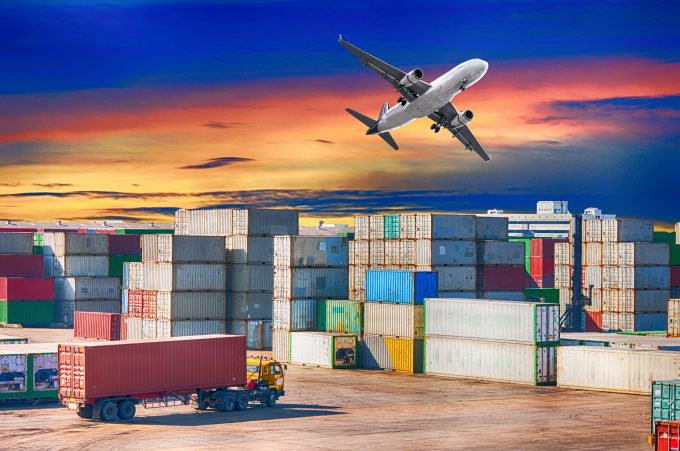Western governments look to boost supply chain resilience with new laws

Western governments are focusing on improving supply chain resilience and reducing reliance on China due to concerns over its influence. In the US, lawmakers passed a bill targeting China's Shanghai Shipping Exchange and logistics platform Logink. Industry groups in the UK are also calling for a logistics minister to be added to the cabinet. The goal is to safeguard supply chains and reduce unfair advantages for Chinese entities.
Source: Link
FAQ: Western Governments Look to Boost Supply Chain Resilience with New Laws
Frequently Asked Questions: Western Governments Look to Boost Supply Chain Resilience with New Laws
Q: What are western governments doing to boost supply chain resilience?
A: Western governments are crafting and implementing new legislation aimed at increasing the resilience and reliability of supply chains. This includes taking measures to strengthen domestic manufacturing capacity, recruit and train workers, and protect and secure trade and investment.
Q: What will the new legislation consider regarding private vessels?
A: The new legislation is expected to classify private vessels operating in non-market economies as "controlled carriers." This classification will subject them to greater scrutiny and possibly more regulatory oversight to enhance the security of supply chains.
Q: Why is supply chain resilience important for western governments?
A: Supply chain resilience is crucial to maintaining economic stability, national security, and continuous delivery of essential goods and services. The COVID-19 pandemic highlighted vulnerabilities in the global supply chain network, prompting governments to seek ways to prevent similar disruptions in the future.
Q: Has the Biden-Harris Administration taken steps to improve supply chain resilience?
A: Yes, the Biden-Harris Administration has announced significant investments, exceeding $653 million, in port infrastructure improvement projects. These initiatives aim to bolster supply chain reliability, create workforce development opportunities, and expedite cargo operations.
Q: What other steps are being taken besides legislative action?
A: In addition to legislative measures, governments are exploring various strategies, as outlined by sources like the Brookings Institution. These strategies include boosting domestic production, securing trade routes, and fostering international cooperation to maintain and strengthen global supply chains.
Q: How is cybersecurity related to supply chain resilience?
A: Cybersecurity is intricately linked to supply chain resilience, as cyber threats can disrupt supply chain systems and compromise sensitive data. Governments, like the U.S. Department of Homeland Security, are aiming to strengthen supply chain security, among other things, to counteract these threats.
Q: Are these measures only focused on the United States?
A: No, the efforts to enhance supply chain resilience are not limited to the United States. For example, Canada has its Indo-Pacific Strategy that includes a focus on supply chain resilience through increased trade and investment.
Q: Can you provide a specific example of a project aimed at increasing supply chain resilience?
A: A specific example of such a project would be from the Bipartisan Infrastructure Law related to the Maritime Administration, under which new funding has been allocated toward strengthening port infrastructure and supply chain resiliency.
For more detailed and updated information regarding these efforts, please refer to the source articles linked in the aforementioned search results.

